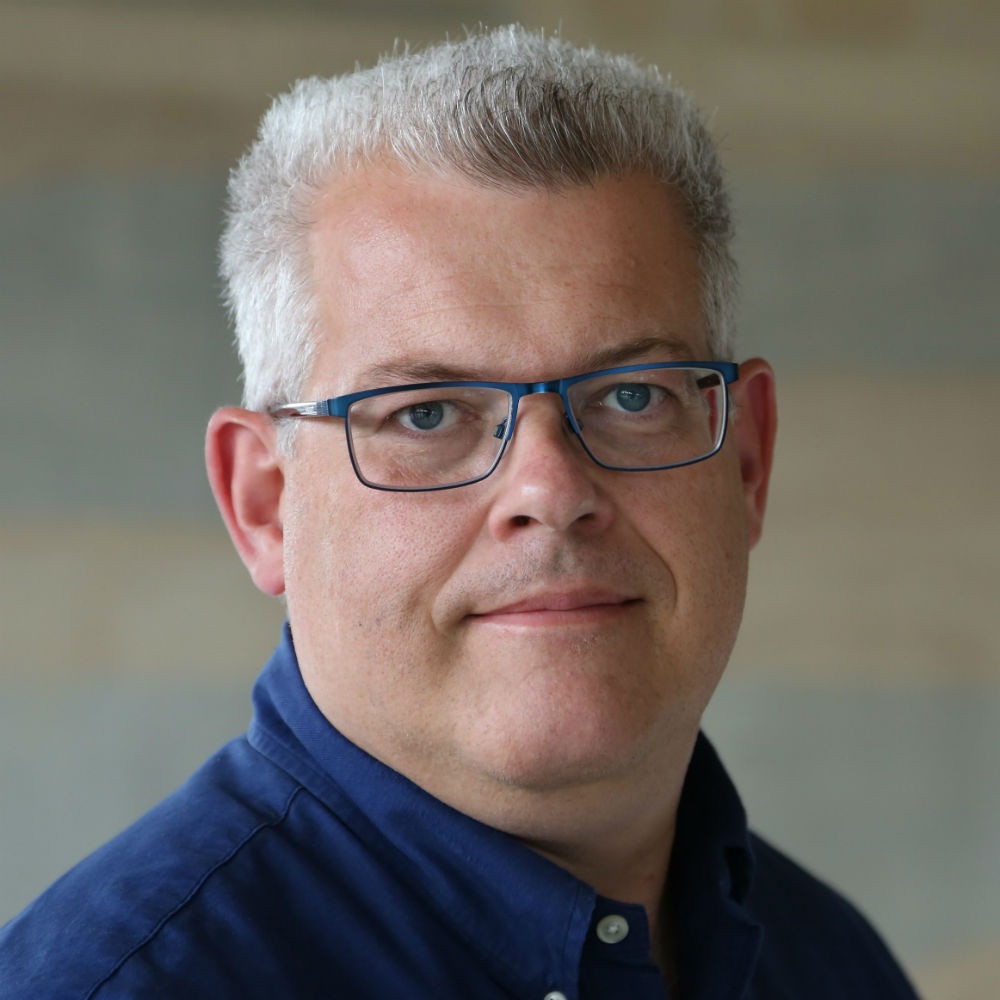Please explain your research in two sentences.
My research is in the interdisciplinary areas of Embedded and Intelligent Systems, the electronic processor-based electronic systems that surround as all in our daily lives. My specific focus is on Embedded Systems and System-on-Chip architectures for security, power, performance and reliability as well as processor architectures targeted for cyber physical systems, automotive/industrial, robotics, image processing, networked and distributed sensor nodes / Internet of Things and real-time critical systems. We also work in the area of Big Data Analytics, computer vision and embedded Artificial Intelligence for real world problems and application areas.
Why is your research important and what difference will it make?
It was always important for me to undertake research that has a real impact in the practical world alongside the purely academical world, we have made some very significant contributions with our work on novel technology to improve the operation, resilience and security of complex Systems-on-Chips ranging from novel Computer Vision Architectures that help Cars to identify their location purely based on images, to advanced approaches to improve the resilience of tomorrow’s systems against cyberattacks and enable robots to tackle Europe’s most critical and complicated environmental challenges to clean up the toxic radioactive waste (which is estimated to cost £220bn over the next 120 years). We also undertake AI research to enable humanitarian organisations with their missions.
Please provide a summary of your research achievements
I am the head and founder of the Embedded and Intelligent Systems Laboratory in the School of Computer Science and Electronic Engineering, that I have grown to more than 25 people. There are a further 57 staff in my two university startups Metrarc and UltraSoC, which has very recently been acquired by Siemens. I have a track record of involving colleagues in co-authored papers and joint funding applications, such as in the many large national and international collaborative projects I have successfully led and contributed to, highlighted by nine EPSRC grants, two large ESRC grants and seven EU funded projects. We work with many world leading centres, such as CalTech NASA’s Jet Propulsion Laboratory, the Australian Centre for Robotic Vision, the Japan Atomic Energy Agency, the United Nations and the US National Robotics Engineering Centre. I am delighted to be involved in two current flagship projects at Essex, the £5 million ESRC Human Rights Big Data Technology project HRBDT and the £42 million EPSRC National Centre for Nuclear Robotics where I lead the effort at Essex in researching cutting-edge technology to solve the problem of nuclear waste and help clear the clear the UK of radioactive material.
What can Essex researchers do to support each other and improve the impact of their research?
I think it really important to understand what our colleagues research focus is to help us see how it connects to our own interest in expertise. I work intensively with colleagues from a number of departments and across the faculties, and while there are many challenges to understand each other across boundaries, Essex is a really great place to make connections and build exciting new research projects.
What would be your top three tips for winning funding?
- Most of my funded research is highly collaborative and I have always looked to bring key researchers and non-academic stakeholders into my project consortia.
- Just as with the review process for academic publications, it is important to learn from proposals that have not been funded and use the feedback to re-shape your plans for moving forward.
- It's important to persist with research ideas what you believe in, it may just need re-shaping and further development. It is totally normal in today’s climate to have research project applications that are unsuccessful, however this is at the same time an opportunity to learn from feedback and enable stronger research proposals to emerge.





